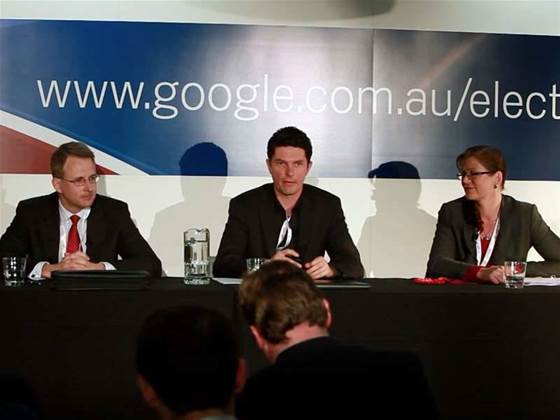
In order to "protect its trademark", and prevent it becoming a generic term, the search firm has sent letters to publishers advising them on its proper use.
Google's letter includes helpful examples of appropriate and inappropriate use of the company's trademark.
For example: 'I used Google to check out that guy I met at the party' is fine, but 'I googled that hottie' is not.
Similarly, it's OK to say: 'He ego-surfs on Google to see if he's listed in the results' but not 'He googles himself.'
The key distinction is whether Google is used to describe searching in a general, non-specific sense.
"With constant generic use, trademarks can lose their special status and their proper name capitalisation," said Google in the letter.
"It has happened to once-trademarked products including yo-yo, trampoline and nylon. Trademark lawyers call it 'genericide'.
"Google is a trademark identifying Google Inc's search technology and services. We know Google is fun to say, and of course it is great fun to use.
"And though we are flattered that people like our name, it is also our company's chief commercial asset. We want to ensure that people use it in a way that preserves its meaning and integrity."
Google was added as a verb to the Merriam-Webster dictionary at the beginning of last month with the definition: 'To use the Google search engine to obtain information about [a person or thing] on the world wide web.'


_(28).jpg&h=140&w=231&c=1&s=0)







 iTnews Benchmark Awards 2026
iTnews Benchmark Awards 2026
 iTnews Executive Retreat - Security Leaders Edition
iTnews Executive Retreat - Security Leaders Edition
 iTnews Cloud Covered Breakfast Summit
iTnews Cloud Covered Breakfast Summit
 The 2026 iAwards
The 2026 iAwards












_(1).jpg&h=140&w=231&c=1&s=0)



